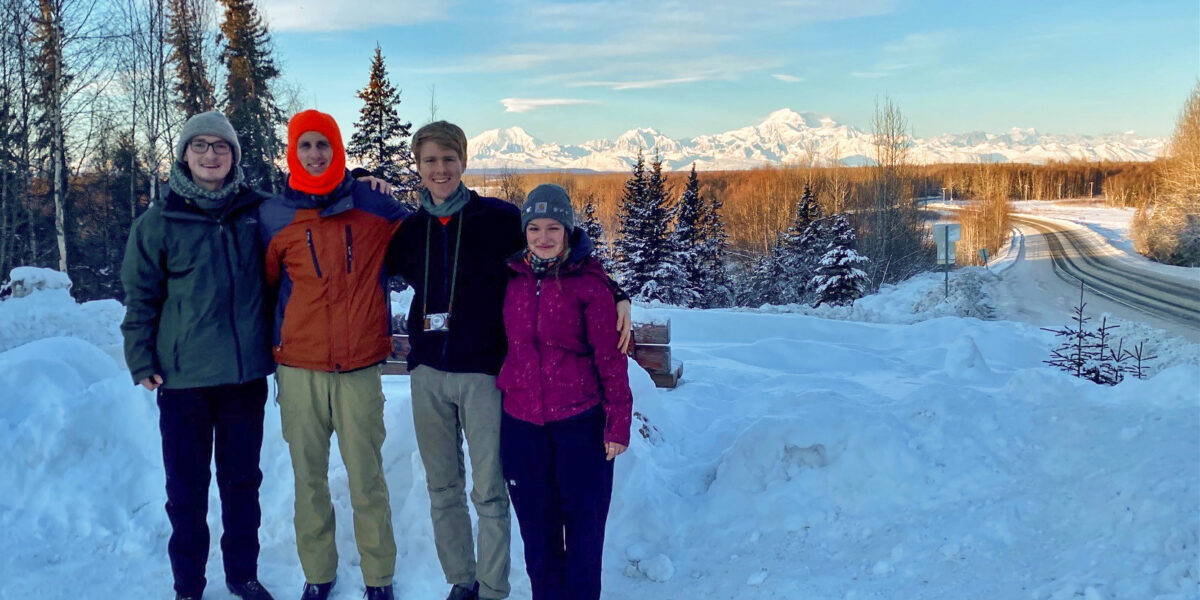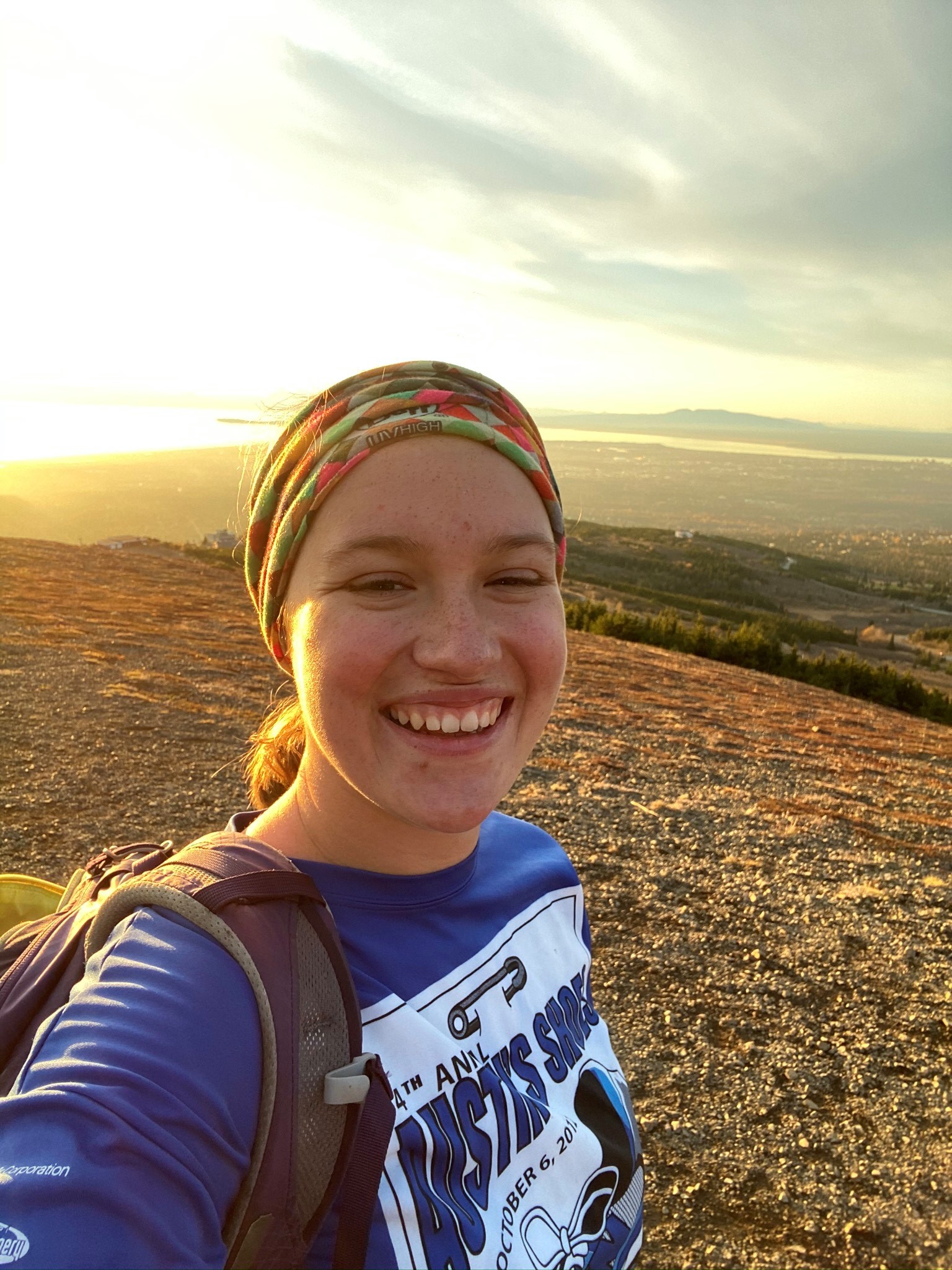Ginny Miller is a Service Adventure participant in Anchorage, Alaska. She serves at the Faith Day Care & Learning Center and The Children’s Lunchbox.
Preface
Adulting is hard, because there is no handbook for adulting. There are things your parents tried to teach you, but you didn’t listen, because you didn’t have to do that adulting thing just yet.
Well, now I wish I would have taken notes.
#1 You should really try to get stains out of your clothes as soon as possible
If you let mud stains sit on your clothes for a week, they will stain. I know this for a fact.
#2 You don’t get to choose who you work with
I have always thought that a person could, in some way, choose who they work with, by choosing their job. In a hypothetical world, if you choose the right job with the right people, work would be fun. Now, I see that there will always be people who rub you the wrong way, no matter where you work or what you do. I only have control over how I react and interact.
I was reminded of this the other day, when I arrived at my placement at the Faith Learning Center daycare. Shortly after arriving, I was told something that put me in a bad mood. Over the next hour, I became very much aware that everyone else was also in a bad mood. In this haze of angst, I was told I was required to do a six-hour online training that would eat up my entire workday. This training is notorious for being both grueling and boring, but I decided to be thankful for it. I sat by myself, in a quiet room, and used minimal brain power. Instead of viewing this training as a pain, I viewed it as a break. In turn, I enjoyed something that could have been frustrating.
#3 Go with the flow
I like to think of myself as someone who can go with the flow, but that has been tested here in Alaska. As a unit, we tend to just do things whenever someone mentions something fun. One evening, we jumped in our van to see the sunset, but when we got to our destination, it had already set. Another day, we chopped wood in the morning, and someone mentioned hiking Flattop mountain. So, we went on a hike after we finished stacking the wood.
Going with the flow is very important in Service Adventure — and in life. If you begin a day not knowing what to expect, your day will meet your expectations. It’s all about mentality.
#4 Be confident even if you don’t feel it
I didn’t really know what I was getting myself into when I signed up for Service Adventure, or when I was placed at the Faith Learning Center daycare. At the daycare, I teach three second graders. In the first week, when I realized they wanted me to teach full time, I was overwhelmed. I felt underqualified and didn’t know what I was doing. Some days, after two months of working and teaching, I still feel lost. Other days, I’m confident in my abilities. I have to remember that no matter what I do, these kids are still getting more out of online school than if they were just doing it by themselves at home. I also have to remember that if I’m confident, it will affect my actions and how I teach. My confidence will have a positive effect on me and the kids I’m working with.
#5 The most important thing you might do in your day is listen to someone
In Service Adventure orientation, we touched on the aspects of intentional listening. In this session, I was reminded about one particular day during my placement with The Children’s Lunchbox. As I was talking to my co-worker, she told me what a blessing I had been to her by just being me. By just being me, I had had different, deeper conversations with her, and I tried to bring a positive attitude to work with me every day. Actions that I felt were small and lifegiving only to me, positively affected someone who I didn’t even work with daily. My service work and what I do daily is an important ministry. Yet, I am learning that connecting with the people I work with is an integral part of that ministry.
Conclusion
Being in the real world, away from my family, and serving and living in a new place has opened my eyes. I now realize that what I was taught as a kid was true. These lessons were something that I was taught as a child; now, they are things that I have integrated as guides for my everyday life as a young adult.
I think everyone has their own handbook in life, but few take the time to write it down.








